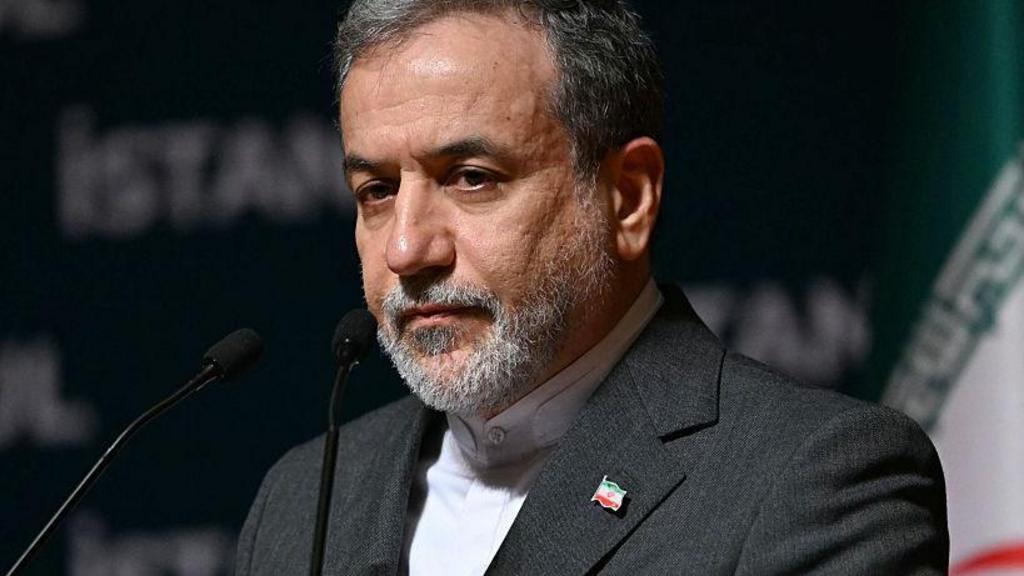Iran’s foreign minister has acknowledged “extensive and serious” damage to the nation’s nuclear facilities following recent bombings attributed to the United States and Israel.
Speaking to state media on Thursday evening, Abbas Araghchi stated that the Atomic Energy Organisation of Iran is currently assessing the full extent of the damage.
His comments stand in contrast to those made earlier in the day by Iran’s Supreme Leader Ayatollah Ali Khamenei, who asserted that the strikes had not disrupted the country’s nuclear program. Khamenei was responding to US President Donald Trump’s claim that the bombings had “totally obliterated” three nuclear sites.
Khamenei maintained that the US attacks had failed to “accomplish anything significant”.
The Supreme Leader, who has remained out of public view since the commencement of hostilities with Israel on June 13, insisted that Trump had “exaggerated” the impact of the bombings and proclaimed victory over the US and Israel.
However, Araghchi’s remarks suggest a different reality.
The foreign minister also stated that there are no plans to resume nuclear talks with the US. Iran suspended a scheduled sixth round of negotiations when Israel initiated its attacks.
“I would like to state clearly that no agreement, arrangement or conversation has been made to start new negotiations,” he said.
He added that the government was examining what was in the “interest of the Iranian people,” indicating that its approach to diplomacy will take a “new form.”
He did not elaborate on this statement.
In an effort to encourage Iran to return to the negotiating table, the Trump administration has reportedly considered assisting Iran in accessing $30 billion to develop a civilian-energy-producing nuclear program, easing sanctions, and releasing billions of dollars in restricted Iranian funds, according to CNN.
However, recent developments in Iran may impede such a move.
On Wednesday, Iran’s parliament approved a bill to halt cooperation with the International Atomic Energy Agency (IAEA), the global nuclear watchdog. If implemented, this would mean Iran is no longer obligated to allow nuclear inspectors access to its sites.
Israel has stated that its offensive against Iran was necessary to prevent what it alleges are Iranian plans to develop nuclear weapons.
Iran has consistently maintained that its nuclear program is solely for civilian purposes.
The US became directly involved in the conflict last weekend, conducting strikes on facilities in Fordo, Natanz, and Isfahan, before President Trump sought to quickly broker a ceasefire between Israel and Iran.
US Defense Secretary Pete Hegseth stated that intelligence gathered by the US and Israel suggested the strikes “significantly damaged the nuclear program, setting it back by years.”
A leaked preliminary Pentagon assessment downplayed the significance of the damage, suggesting that the US strikes only set Iran’s nuclear program back by a few months. The administration has dismissed the leak.
Iran’s health ministry reported that 610 people were killed during the 12 days of Israeli air strikes, while Israeli authorities reported 28 fatalities in Israel.

